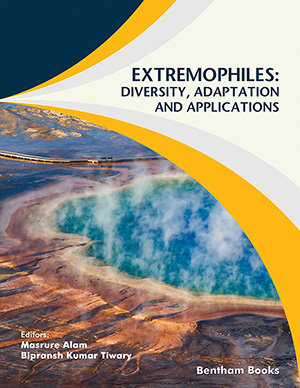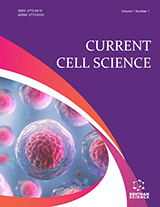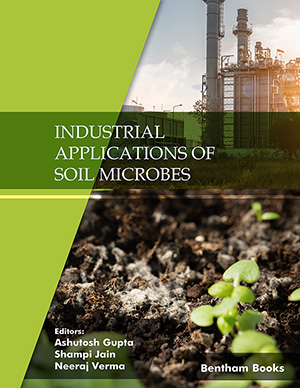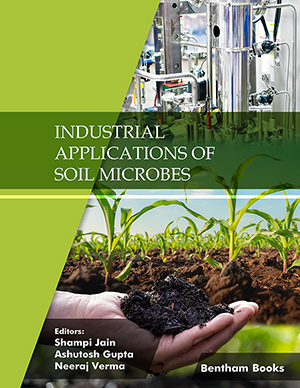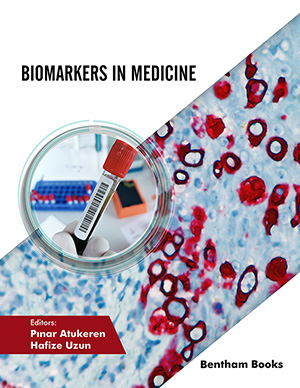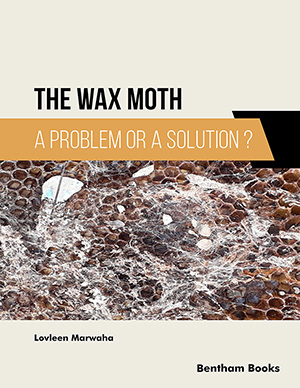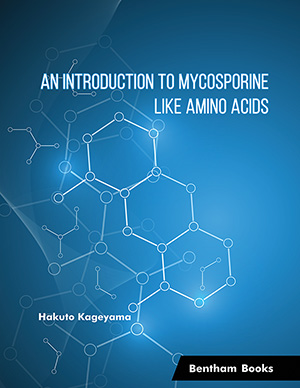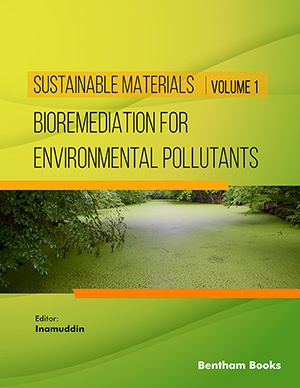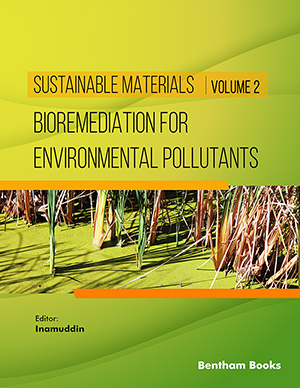Abstract
Water is one of the most important substances that are essential for the activity of cellular micromodule and housekeeping functions of a microorganism. However, some microorganisms, known as xerophiles, have adapted to their niche and evolved to utilize very less amount of water. Xerophiles are a group of extremophiles, that can grow and proliferate in the presence of very limited water, as low as water activity (aw) of 0.8. The term xerophiles is derived from the Greek words “xēros” which means “dry”, and “philos” meaning “lovers”, indicating their affinity to grow in low aw. The existence of xerophiles is reported from the arid deserts, food spoilage, and highly saline environments, to meteorites and asteroids. Due to the habitation of these organisms in diverse extreme environments, they possess behavioral, physiological, metabolic, and molecular adaptations to survive in those atmospheres. In this chapter, we have discussed diversity and different adaptative mechanisms of xerophiles.
Keywords: Actinobacteria, Adaptation, Biofilm, Carnitine, Compatible solute, Cyanobacteria, Dipicolinic acid, Ectoine, Exobiology, Glycine betaine, Halophiles, Proline, Proteobacteria, Sporulation, Water activity, Xerophiles, Xerotolerant.


